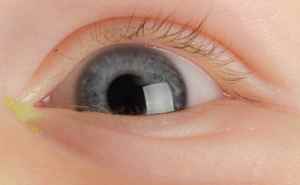

MedFriendly®


Discharge
Discharge has the following meanings in the field of
medicine.
1. To release a patient from a hospital. When used in
this sense, discharge is often abbreviated in medical
charts as "d/c." When patients are released from the
hospital, they are usually provided with discharge
instructions which provide information about the
information.
Discharge from the eye.
FEATURED BOOK: Discharge Planning Guide: Tools for Compliance
The doctor typically writes a note known as a discharge summary which describes the
history of the presenting condition, course of treatment, diagnosis, and plan of care.
2. Something that is released or leaves the body as waste. An example would be urine
being eliminated from the bladder or feces being eliminated from the intestines.
Something that is discharged from the body as waste is known as a secretion. Another
form of discharge is secretions. Secretions (such as saliva) are chemical substances
released by something in the body, such as a gland.
3. A release of emotions, as demonstrated by crying, screaming, or other types of
emotional displays. Emotional discharges are often accompanied by a variety of
voluntary and involuntary reflexes.
"Where Medical Information is Easy to Understand"™
4. To release or evacuate a substance or object.
5. The release of energy through or from a nerve cell.
6. To release an electric charge from a source of electricity, such
as a battery.
Discharge comes from the Old French word "deschargier" meaning
"to expel."















